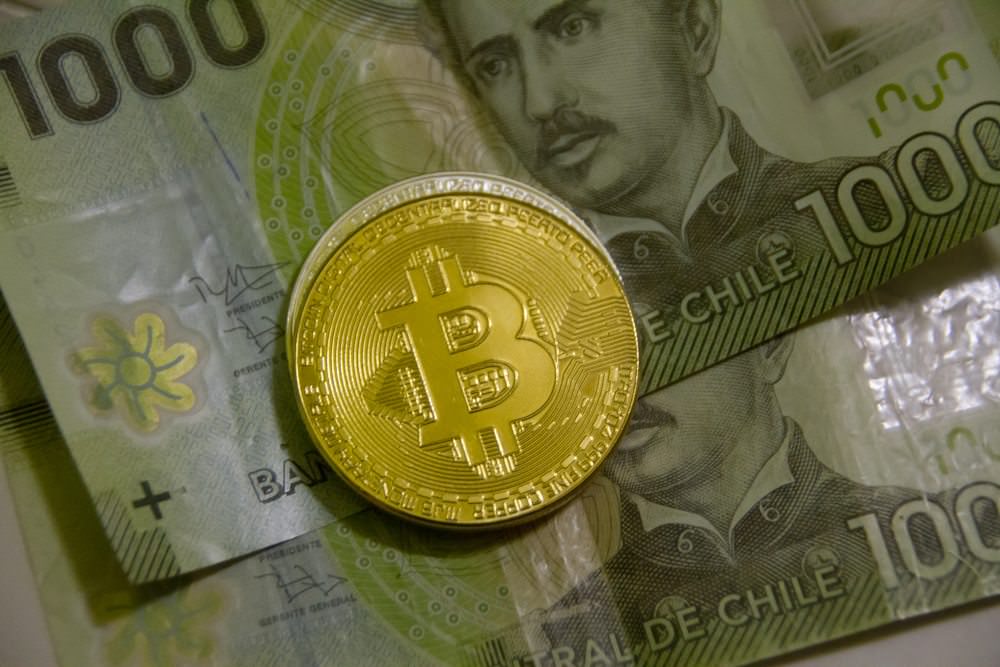
CryptoMKT, one of only three cryptocurrency traders operating in Chile, was told late last week that state lender BancoEstado was closing its account within 10 days. The news comes after other commercial lenders Scotiabank and Itaú CorpBanca made similar account closure announcements and the country’s other banks declined to accept traders as clients.
Santiago-based CryptoMKT — which operates in the market with Buda and Orion — is taking legal action over the closure decision. In the meantime, the company has initiated talks with fintechs over potential payment-processing alternatives.
“Cryptocurrency startups in Chile aren’t going to close because of the barriers being put up by the banks,” CryptoMKT commercial manager Daniel Dupré told BNamericas. “There are [payment-processing] alternatives, which we didn’t look into previously because they have an associated cost.”
“[BancoEstado’s] decision came as a shock,” he said, explaining that the company had been working with the bank on the blockchain-related issues and still had meetings scheduled when the news of the account closure came.
CryptoMKT, which works with Ethereum and Stellar, has 30,000 clients in Chile and a total of 50,000 in Latin America, handling more than $80 million in transactions per year. The platform allows users to buy and sell Ethererum directly with local currencies: Argentinian Peso, Chilean Peso, Euro, and, come August, Brazilian Real. The company currently operates in Chile, Argentina, Brazil, and Spain, with plans to expand into Colombia, Mexico, and Peru by the end of July.
Scotiabank, BancoEstado, and Itaú
While some banks have not given a particular reason for their stance, in the past executives have cited concerns over cryptocurrency’s association with financial crime, particularly the risk of money laundering.
Last week Scotiabank Chile CEO Francisco Sardón was reported as saying that his bank was simply “doing its job,” and that there was no deliberate “persecution” of the cryptocurrency industry.
BancoEstado (according to local newspaper Pulso) reportedly said in a letter to Buda informing it of its account closure decision, that it had decided not to operate with companies involved in the cryptocurrency sector while there is “no regulatory recognition of said activity.”
Itaú CorpBanca CEO Milton Maluhy did not give a reason for the bank’s decision but has said that regulations need drawing up.
Moving Forward
Dupré said local banks simply do not understand the cryptocurrency sector or blockchain, and he rejected arguments about money laundering, citing automated internal security procedures in place at CryptoMKT and the fact the company voluntarily complies with UAF’s (Chile’s Financial Analysis Unit) regulations.
He argues that the move was damaging to the country’s reputation as a promoter of technological innovation:
“This gives the country a bad image. On a global level, stories have already appeared in international media in England, the US that Chile, in some way, has taken an anti-innovation stance.”
Dupré called for stakeholders to sit down together to discuss issues and work on a potential regulatory framework like that recently adopted by Mexico. There is currently no regulation governing cryptocurrencies in Chile, and the central bank does not recognize them as legal tender.
The founder of Buda, Guillermo Torrealba, said the following regarding the matter:
“They’ve demonized cryptocurrencies because they don’t understand the technology.” He added, “It’s important that as a country and industry, we have guidelines to grow the cryptocurrency market in a healthy and legally compliant manner.”
